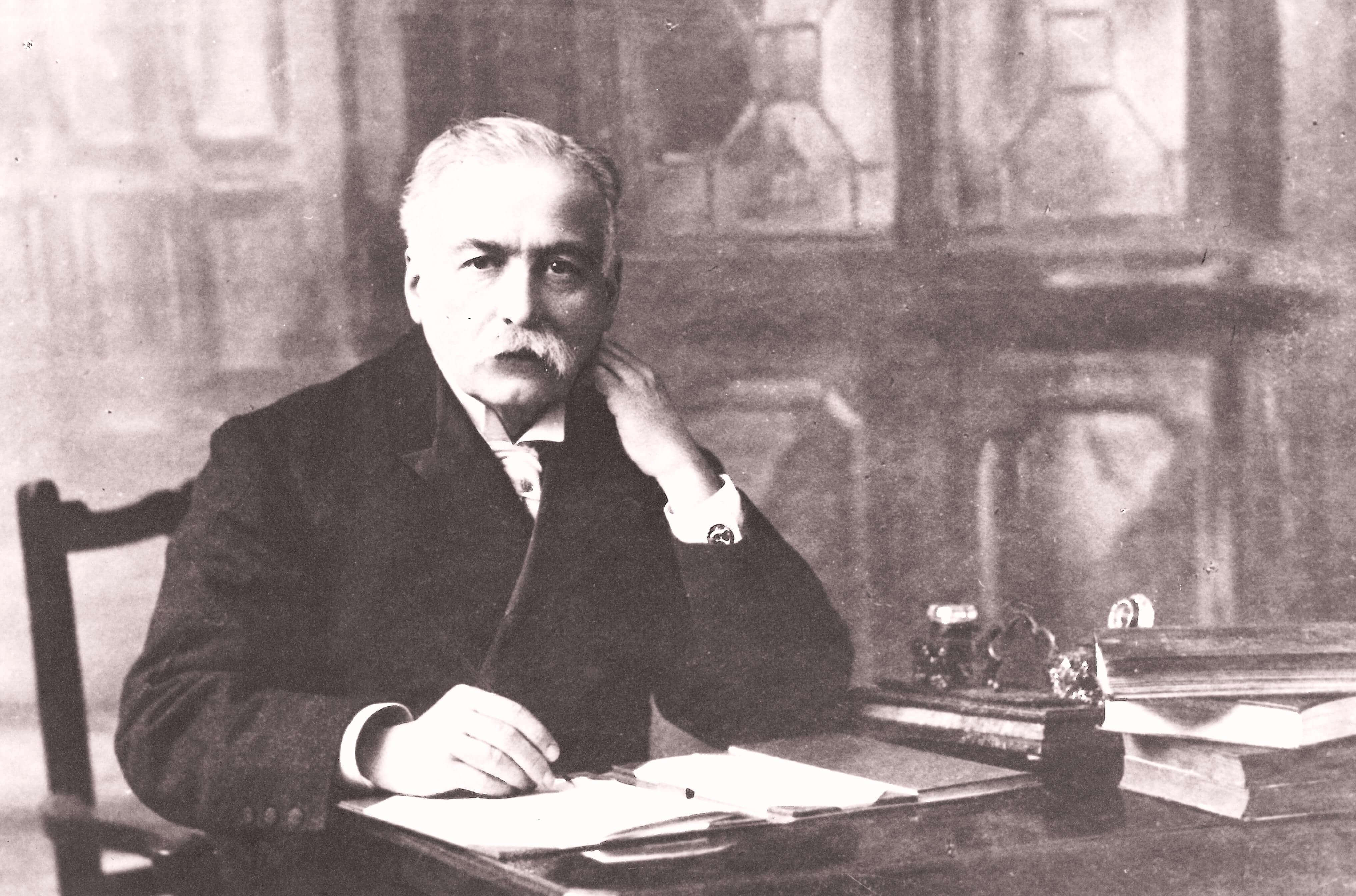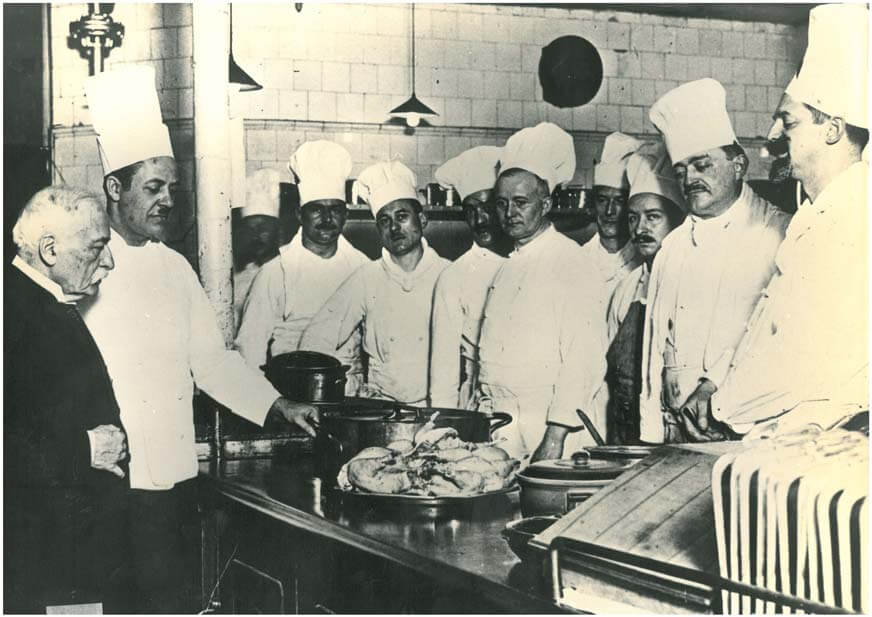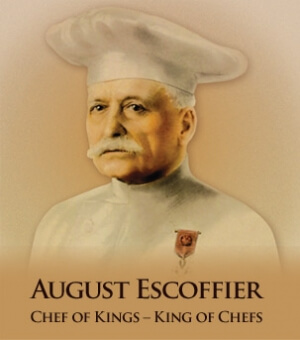The Man Behind Modern Cuisine: Auguste Escoffier
How important is Auguste Escoffier? Just ask National Geographic, who did an entire segment on the acclaimed chef and his role in changing the way we look at food.
In a recent episode of “Eat: The Story of Food,” many different renowned chefs, food writers and even Michel Escoffier, the great grandson of the famous cook, came together to tell their individual takes on what made the revolutionary chef such a pronounced force in the modern culinary movement.
This video is just another example of how proud we are as an online culinary school to align ourselves with the Escoffier name and everything it stands for.
You probably know a thing or two about the famous, revolutionary chef our school is named and modeled after. But there was a lot more to Escoffier and his history than what just scratches the surface. That’s why we’ve included some fun, out of the ordinary facts about our favorite chef!
It was during his time in the military fighting for France in the Franco-Prussian War that Escoffier’s interest in canning began.
He had a fond love for opera and the stage and named many of his dishes after singers that he admired at the time including renowned Australian opera singer Nellie Melba (aka Peach Melba) and Fraises a la Sarah Bernhardt for the famous French actress.
Although his name more than stands on his own, Escoffier rose to fame with another famous name by his side, Cesar Ritz aka Ritz Hotels.
The famous saying “king of chefs and chef of kings” was reportedly given to him by Kaiser Wilhelm II after Escoffier served him and one hundred and forty six German dignitaries with a more than impressive dinner. When congratulating Escoffier on the meal, it was then that he allegedly said, “I am the Emperor of Germany, but you are the Emperor of Chefs.”
Before Escoffier came into the picture, cuisine was only reserved for the rich and royal and was often filled with excess everything and overly complicated recipes. The sauces were too rich, too fatty and had too many contradicting flavors. Escoffier, although a gourmet chef, believed very much in keeping cuisine simple, therefore changing it forever.




